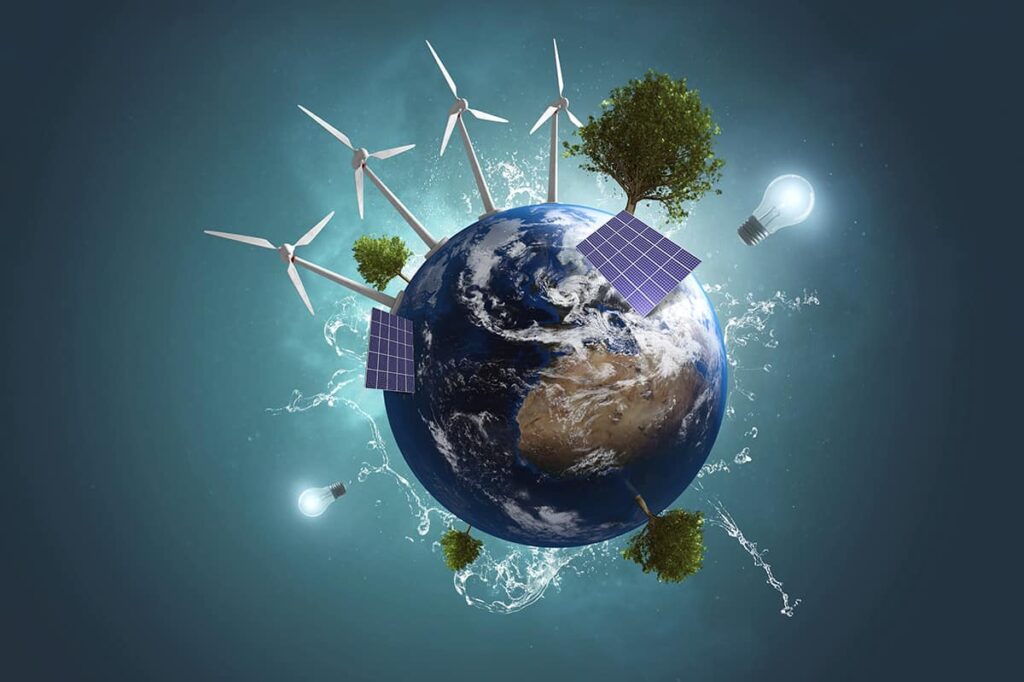
Global energy administration is significantly influenced by world geopolitics. Geopolitics is the study of how geography, politics, and economics affect world affairs and the distribution of power across countries. On the other side, energy governance refers to the laws, organizations, and systems that control the production, use, and distribution of energy resources on a worldwide scale.
The uniqueness of global energy governance results from a number of geopolitically driven elements, including:
Geographical Distribution of Energy Resources: Energy resources like coal, natural gas, and oil are distributed differently over the world. While some nations have large energy reserves, others significantly rely on energy imports. Interdependencies and geopolitical dynamics are produced by this distribution as nations work to bolster their energy supplies, form allies, and advance their own interests.
Energy Security: A major issue for nations is energy security. Energy security can be greatly impacted by geopolitical variables including regional conflicts, political instability, or the potential for supply disruptions. To reduce risks and guarantee a steady energy supply, nations frequently engage in energy diplomacy, establish strategic alliances, or try to diversify their energy sources.
Geopolitical Conflict: Conflict between nations can be stoked by competition for energy resources and access to energy markets. To obtain a strategic edge, powerful powers may try to sway energy-producing areas or transit networks. Conflicts, proxy wars, or geopolitical tensions resulting from these rivalries could have a big impact on how the world governs its energy supply.
International Institutions: International organizations including the International Energy Agency (IEA), OPEC, and the United Nations Framework Convention on Climate Change (UNFCCC) are involved in global energy governance. Due to the fact that different nations have different interests and priorities, geopolitics has an impact on how well these institutions operate and are effective.
Transition to Renewable Energy: As a result of environmental concerns and attempts to battle climate change, the world’s energy landscape is shifting towards cleaner and renewable energy sources. As nations fight for market access, technological leadership, and investments in renewable energy infrastructure, geopolitics plays a part in this shift. Additionally, the geopolitics of the availability of renewable energy resources, such as the potential for solar or wind power, might alter the dynamics of the global energy market.
Geo-economic Considerations: Energy resources frequently give countries economic clout. Energy exporting nations, particularly those with sizable reserves, have the power to shape international energy markets and pricing, which in turn affects economic relations and trade patterns. Global energy governance and resource flows may be impacted by geopolitical variables such as trade conflicts, economic penalties, or energy infrastructure projects.
Conclusion:
Global energy governance is unique because of the intricate interactions between geopolitics, energy security, resource distribution, international institutions, and the switch to renewable energy sources. For secure and sustainable global energy governance, it is essential to comprehend and manage these geopolitical processes.